Youth Initiative Against Violence and Human Rights Abuse (YIAVHA) – PVE Extra!
The following article is written by ‘iDover’ Chundung Anna Sheku
Plateau North is one of the three senatorial zones of Plateau State in east-central Nigeria. Since 2001, the region has experienced persistent religious violence leading to amss atrocities of murder, places of worship desecrated, and business and personal property destroyed. The violence has negatively impacted the relationship between Muslim and Christian communities in ther egion, which are segregated along ethnic and religious lines. The elderly often feed young people with stories of violent confrontations that define the current the current ethnoreligious relationships rather than the stories of cooperation that existed among the two communities before the 2001 crisis.
As an aftermath, the continuing demonization of interethnic and interfaith communities through social media has become an efficient recruitment tool by extremist groups. Young people have rationalized the use of violence by protecting their communities and themselves against other violent groups.
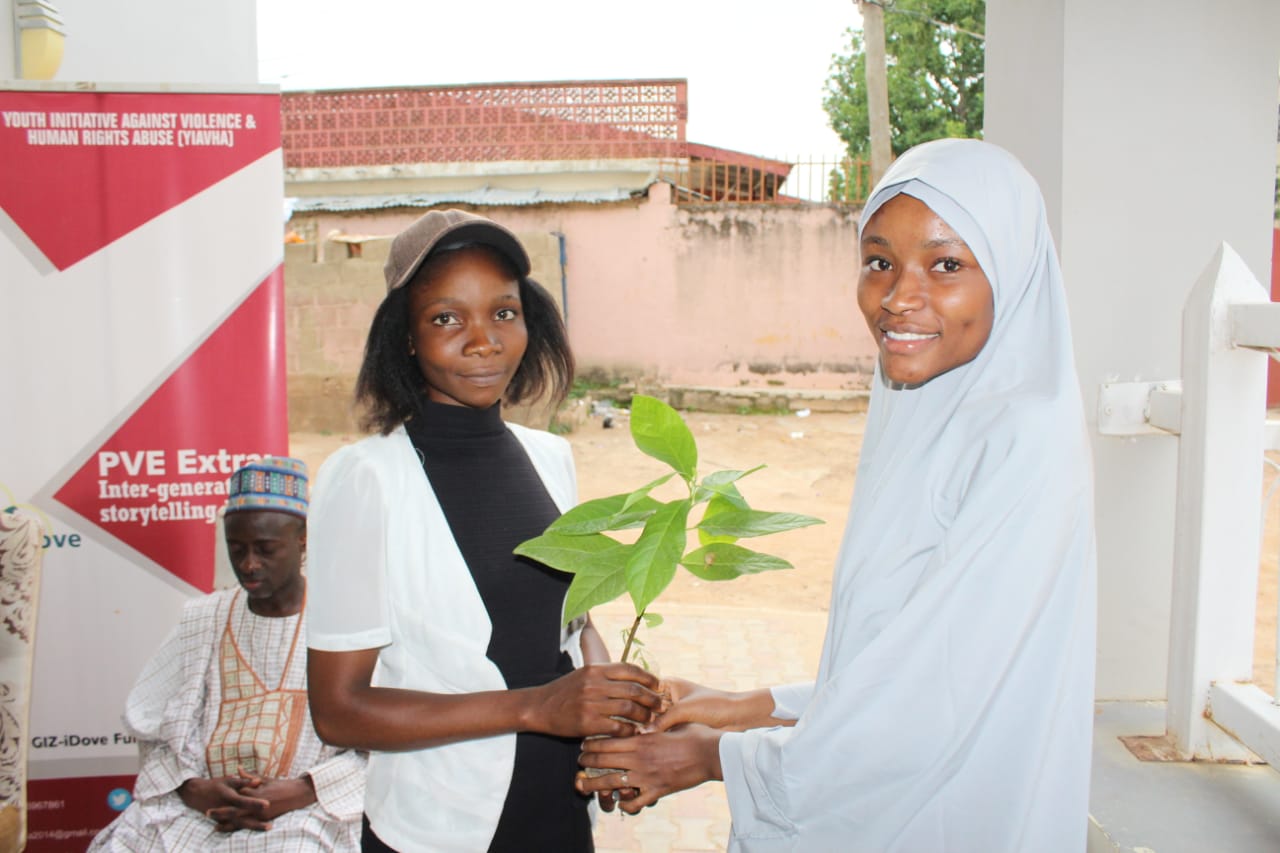
The iDover-project ‘PVE Extra!’ comprised a series of activities to improve religious tolerance and interfaith harmony. In May, YIAVHA conducted desk reviews to determine which communities would benefit the most from the project objectives. In addition, 24 advocacy meetings with community elders from targeted project communities commenced to secure the mandate of the community gatekeepers and to also understand their perspectives and sensitivities.
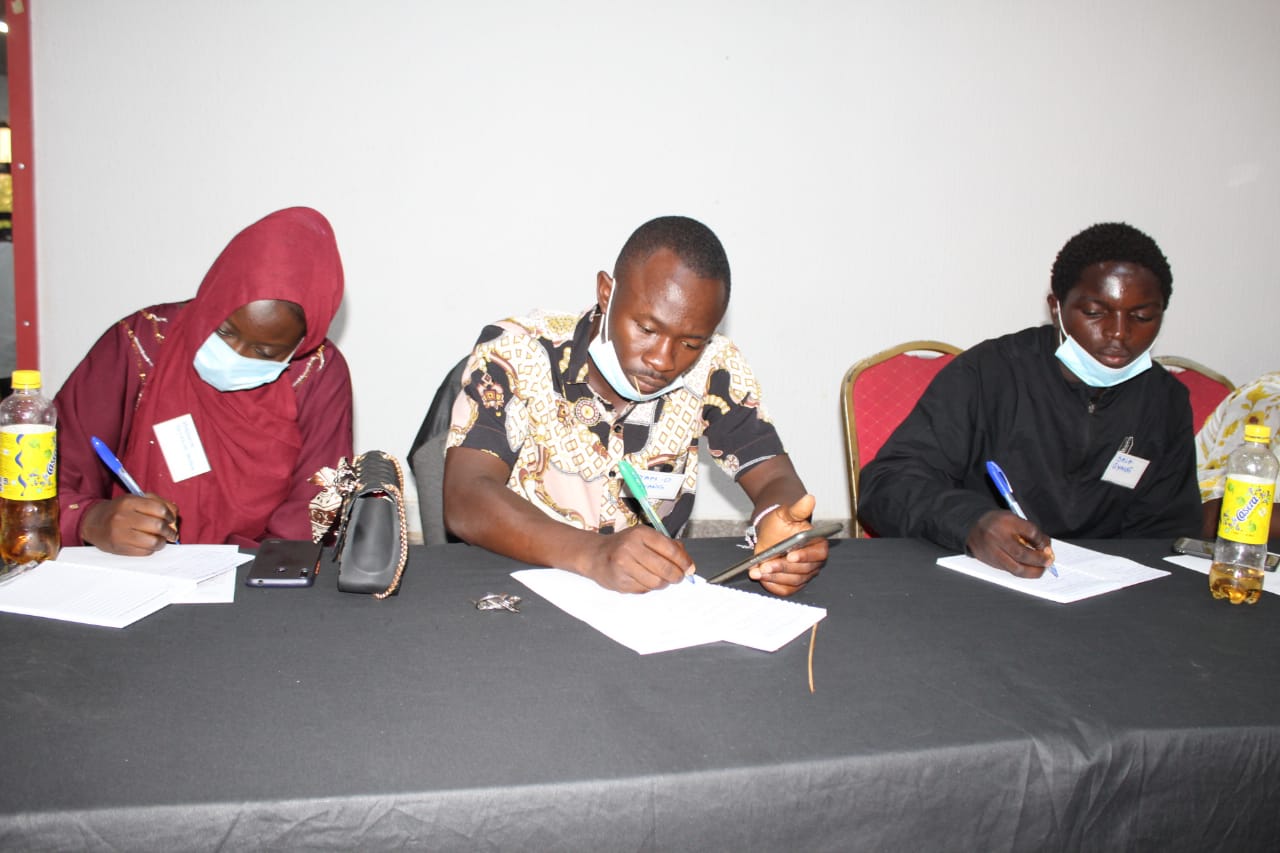
In the first week of June, a two-day capacity-building training for youth interfaith champions was helpd across Barkin Ladi, Riyom, Jos South, and Jos North. Altogether, 30 youth were trained in interfaith and interethnic pluralism, social media and storytelling for peace, community organizing skills (including project design, fundraising, and participant mobilization), as well as dialogue facilitation and climate advocacy for peace.
The sessions changed the perspectives of young people who had biased views about people of different faiths and COVID-19.
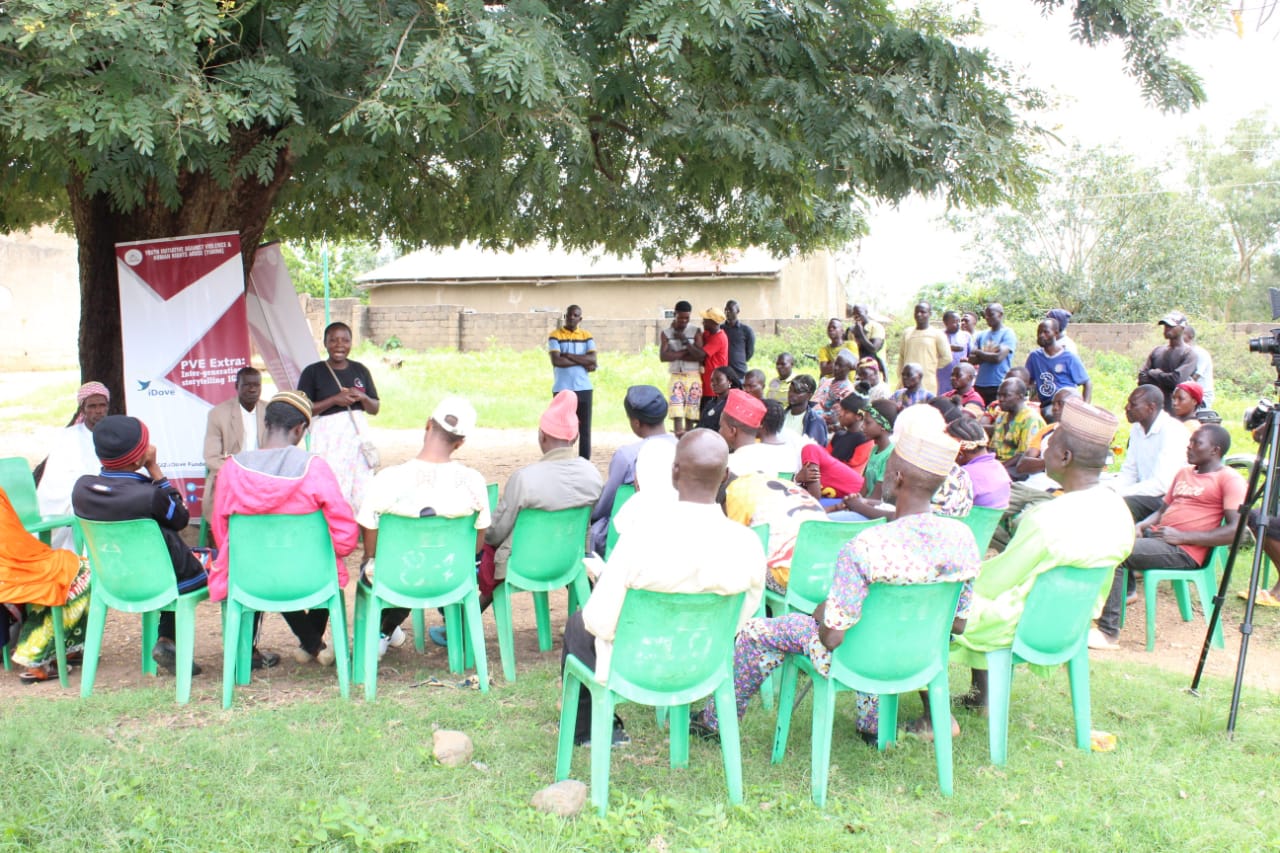
“…before, I used to think that I and those in different religions are not the same, but after coming here, I have learned that we are all the same, that the way I will treat someone from my religion is the same way I will treat others…”
– A young Muslim woman from Dorowa Babuje in Barkin Ladi
“I was having a bad feeling and a form of animosity because of past experiences and a lack of understanding of why conflicts happen. I think my feelings werea form of distrust and bad towards my neighbors, the Muslim fellows. The training has been so interesting and so practical that in the course of the training, I got to know that sometimes I might be wrong by concluding certain things in my mind. That may be due to the fact that I am Christian and they are Muslims. I hate them or I cannot trust them, but I have learned that there is no need for that. We need to co-habit, we need to live together because God has created us together and He wants us to stay together. When we stay together, we grow better, we get more development and we enjoy life generally.”
– A young Christian male, participant of the training
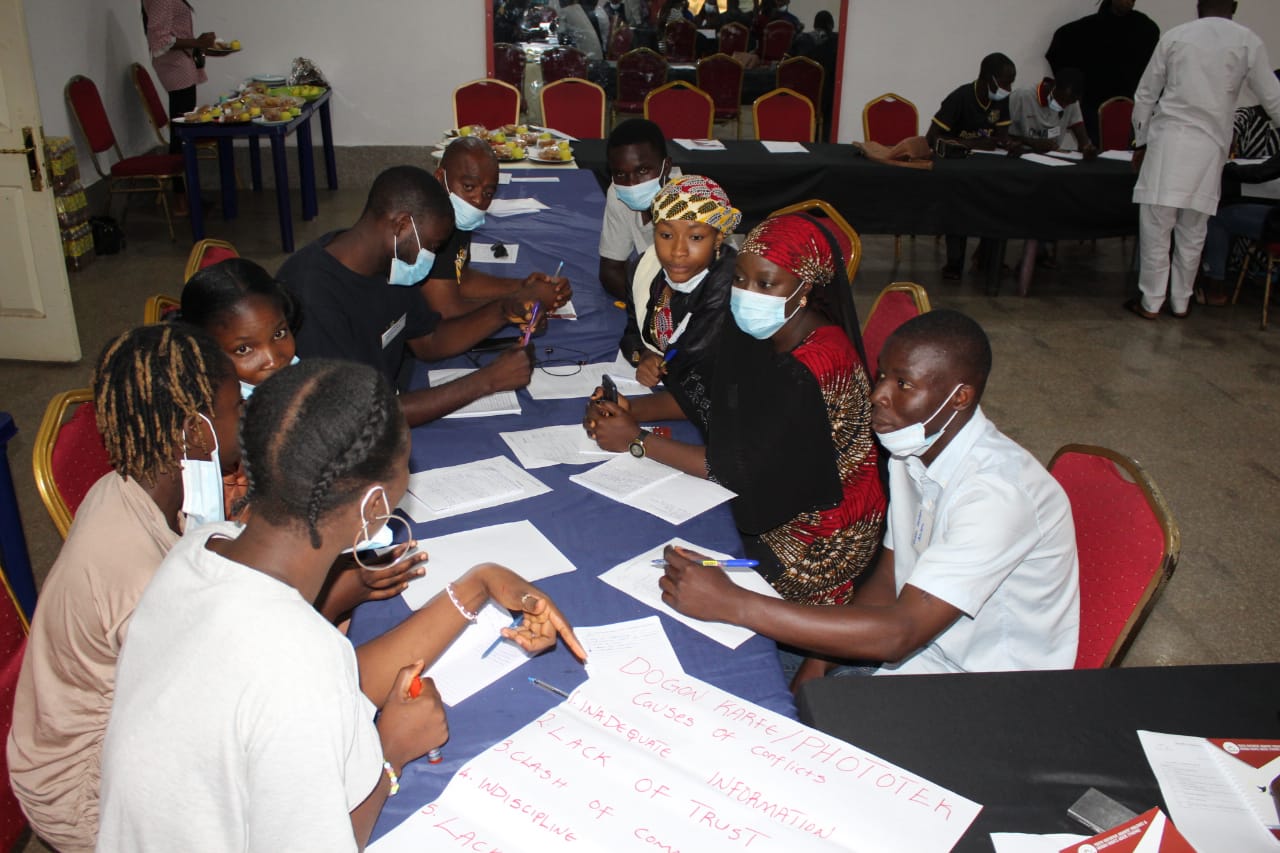
In June and July, 24 sessions of intergenerational storytelling convened reaching 980 participants. Older community members interacted with youth by sharing memories of collaboration, interfaith, and interethnic harmony in their communities. In addition, the visiting communities gifted 120 trees to the host communities as a symbol of peace. The community paring helped to alleviate the fears and hatred towards each other’s communities. For instance, some participants were relieved for being able to return home safely. It further illustrated the need for intra-community trust-building.
“While coming for this training, I did not know that I would meet with Muslims here, so when I saw them, I started contemplating and hoping that things would end well because I was scared. On the contrary, my perception has changed because I have learned more about how to help one another, which was even shown during the gathering. We do not know each other, but we are all here and have had fun together. I have learned more and I will teach my younger ones and let them know beyond me so that tomorrow, they can also teach others. I appreciate this organization for the training because this is my first time attending something like this.”
– A participant from the Lwa community, Barkin Ladi
Weekly digital storytelling took place in June where the youth shared their personal life stories about the sustainability of interfaith harmony by using the #ThrowbackThursday4Peace. A male Christian youth from the Ji-Dashik community stated that,
“I have learned how to write stories in relation to things that are happening in our society; the violence and other happenings. Then, I learned how to write stories that motivate and captivate people to stay away from such vices, and I also learned to use social media platforms to preach peace to people in society. I want to say thank you to YIAVHA for giving us the platform and teachuing us things like this, I know we will not be the only ones, but the whole community will benefit.”
As a follow-up to the storytelling Thursdays, an experience-sharing webinar commenced on July 28, completing the activities of PVE Extra!. The interfaith champions were able to share their experiences and lessons learned with the larger community of experts and other young people.
“I though the wave was over, but you have reawakened by consciousness to the need for protection to avoid future dangers.”
– A male Muslim pastoralist
The information contained in the article represents the views and opinions of the author and not necessarily of the Peacemakers Network or iDove project.
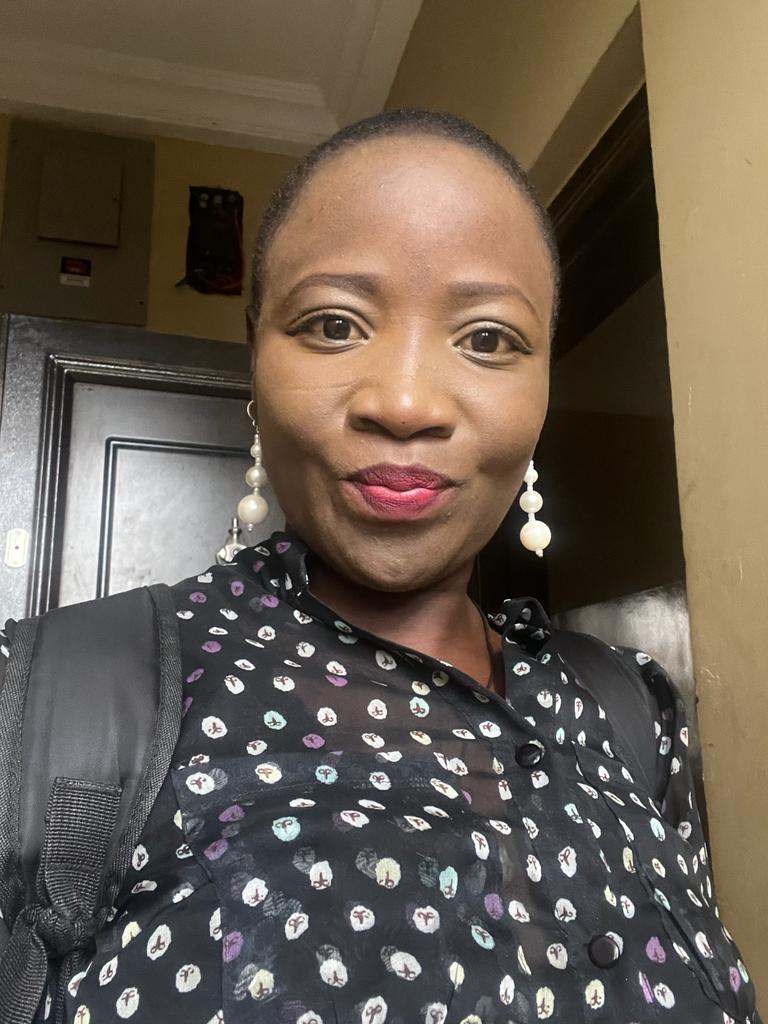
About Sheku Anna Chundung
Sheku Chundung Anna was a Project Manager at Youth Initiative Against Violence and Human Rights Abuse (YIAVHA). She was also a coordinator for the Youth Interfaith Relations Network and a member of Jos Stakeholder for Peace (JSCP).
About the iDove Programme
The iDove programme and capacity building support program on Interfaith Dialogue and prevention of Violent Extremism provides youth-driven, innovative, and context-specific responses to preventing violence. The program activities are implemented by selected seven local organizations associated with iDovers, who are youth peacebuilders from Europe, Asia, and Africa. The program contributes particularly to the advancements of the small-scale projects while supporting iDovers engagement more broadly. The Network for Religious and Traditional Peacemakers supports the actions implemented by the iDover-associated organisations to enhance their organisational capacity building to ensure timely and effective youth-led responses to preventing violence.
Follow the iDove programme on social media
